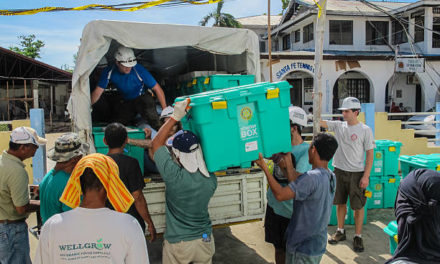|
| New rules requiring passengers to wear a face covering on their journey will come into force on public transport across England from Monday, Transport Secretary Grant Shapps has confirmed today (Friday 12 June).
The advice is clear that people should continue to avoid taking public transport where possible, but by mandating the use of face coverings Government is asking passengers to play their part in helping to protect each other as the numbers of people travelling gradually start to rise across the country, following the careful easing of restrictions when it’s safe to do so. Over 3,000 extra staff from British Transport Police, Network Rail, Train Operating Companies and Transport for London will be deployed from Monday at key transport hubs and interchanges across England – providing dedicated reassurance, advice and friendly assistance to people as they follow social distancing guidance. They will also support existing staff by helping to manage congestion. Alongside this, hundreds of thousands of face coverings will be handed out for passenger use at many locations across the rail network in England from Monday. The one-off initiative, which will run for several days at a number of stations, will see coverings provided free of charge to support passengers and help them travel safely. Under the changes, operators will be able to stop passengers who refuse to follow the rules from travelling and direct them to leave services. The police and Transport for London authorised personnel will also be able to issue fixed penalty notices of £100, or £50 if paid in 14 days. Exemptions for the use of face coverings will apply to those with certain health conditions, disabled people and children under the age of 11.
The Regulations, which will be made under the Public Health Act 1984 and come into force on Monday, will make face coverings mandatory on buses, coaches, trams, ferries, aircraft and trains. In addition, some operators will amend their conditions of carriage, allowing them to enforce the requirement in a similar way to the rules on having a ticket for travel, meaning they can implement the changes in the way that works best for them. The change from Monday will coincide with the easing of certain lockdown measures, including the reopening of non-essential retail stores. While social distancing and hand washing remain by far the most important disease prevention measures, when necessary to use public transport, people may be more likely to be in enclosed spaces for longer periods of time where we know there is a greater risk of the spread of the virus and social distancing is likely to be difficult to follow consistently. The Scientific Advisory Group for Emergencies (SAGE) has set out that using face coverings as a precautionary measure in this setting can provide some additional protection to fellow passengers and can help people to avoid unknowingly spreading the virus if they have it, but are not showing symptoms. The Government has been engaging with local authorities and operators ahead of Monday’s change. New guidance setting out further details of the changes for operators and passengers will be published ahead of the change coming into force. Face coverings are not the same as face masks. It is important that people do not use medical grade PPE masks to ensure these remain available for frontline staff. Last month, the Government set out advice for people on how to make their own face coverings easily at home, using scarves or other textile items. To help support the country’s economic recovery the Government is also exploring new technologies to fast-track greener air travel. £500,000 in advanced funding will continue the development of a first-of-a-kind biofuels plant in Immingham, North East Lincolnshire, which will help to decarbonise both aviation and road freight by converting hundreds of thousands of tonnes of waste into sustainable fuel each year. And, in a ground-breaking partnership between Government and the aviation industry, a new “Jet Zero” Council will work to help make the aviation and aerospace sectors environmentally fit for the future.
|
New rules on face coverings coming in on Monday will help keep passengers safe











